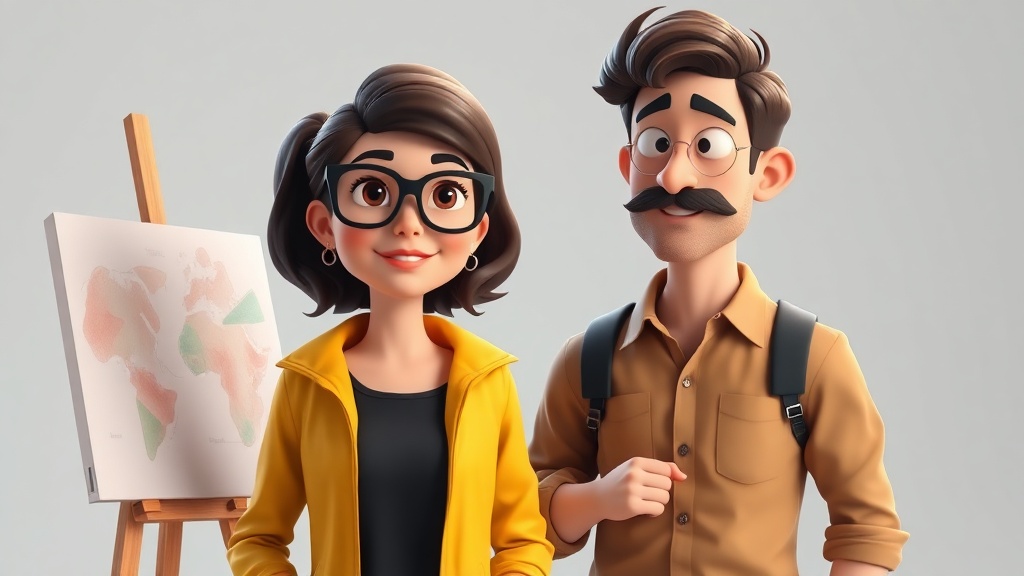Home / Arts and Entertainment / French Artist Accuses K-Pop Director of Copying Her Work
French Artist Accuses K-Pop Director of Copying Her Work
14 Oct
Summary
- French artist Yseult alleges plagiarism in K-pop music video
- Director acknowledges "inspiration" from Yseult's prior works
- Dispute centers on authorship, credit, and creative boundaries

In a developing plagiarism dispute, French artist Yseult has publicly alleged that the music video for the song "DAMDADI" by K-pop artist R.Tee copied core elements from her prior works. Yseult posted a side-by-side comparison highlighting near-identical hallway-walk frames and a collapsing bookshelf sequence, arguing the overlap exceeds homage.
The music video, released on August 10, 2025, features vocals by (G)I-DLE's Jeon Soyeon, drawing broader attention to the claim and its potential ripple effects across collaborators. In response, director Hong Min-ho has posted an apology acknowledging that Yseult's oeuvre and the directing styles of her collaborators inspired parts of the video. However, he maintains that the concept and direction decisions were entirely his own, asserting that R.Tee and Jeon Soyeon bear no responsibility.
Yseult has rejected the "inspiration" framing, reiterating that the overlaps constitute clear copying rather than tribute. She is calling for explicit acknowledgment of the source material or edits to the video itself, maintaining pressure for remedial steps. This case may inform future clearance norms and best practices for referencing contemporary works in the global pop industry.


